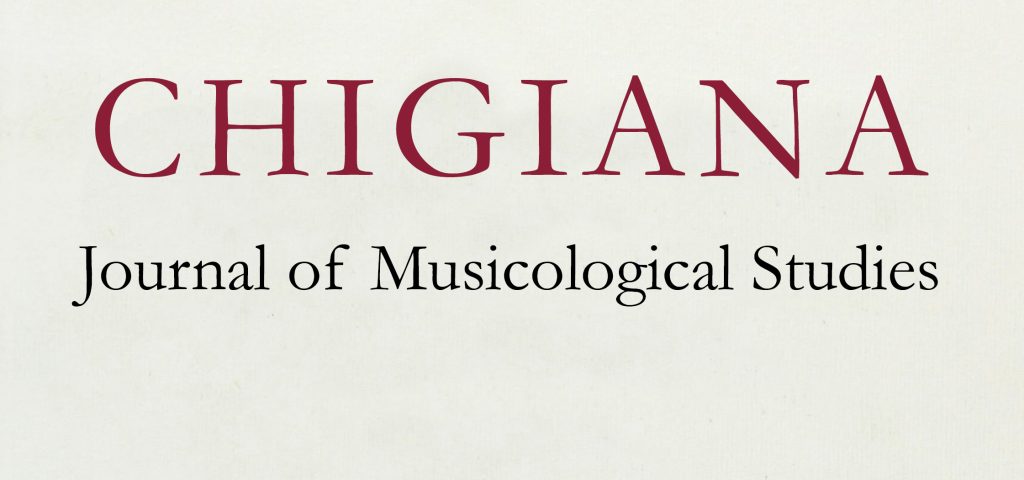
François Couperin and the reconciliation of French and Italian tastes
The attempt of François Couperin shortly after 1700 to reconcile French and Italian musical tastes came at the height of a prolonged conflict between the two musical nationalities which, despite the authority of Couperin, was not to abate until the close of the 18th c. when both Italians and French were confronted with the rise of German music. Already in the last decades of the 17th c., a Italianizing tendency had appeared under the tyranny of Lully and his followers in both Paris and the provinces. When Couperin intervened as a mediator in the polemic between the Abbé Raguenet, an Italophile, and Lecerf de la Viéville, an Italophobe, he was not the first to do so. Others less eminent, including Maugers, Saint-Evremond, and Mascitti had preceded him. While Couperin’s famous trio sonatas (1691-92) were strongly influenced by Corelli, the greater part of his output was purely French in character. Toward the end of his career, Couperin composed Les gouts rénuis (1724) and l’Apothéose de Corelli (1725), eloquent testimony to his desire to appropriate without partiality the best features of the different styles.
